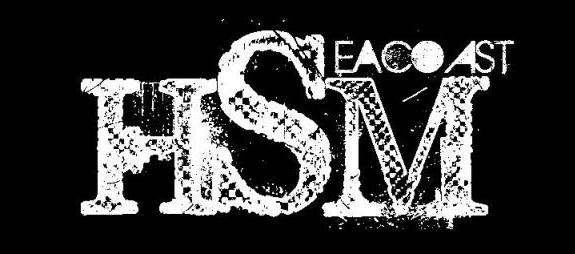"Just read your Bible."
-author unknownWithout a doubt, one of the most important things we can do as Christians is read our Bibles. I've spent a lot of my time helping others to see the importance of it. I'm also learning that it isn't enough just to tell people to read their Bibles; We need to know WHAT we're looking for as we read or else we'll end up reading it wrongly.
Jesus Christ: The Center of It All
The Bible tells one story and points to one figure: it tells the
story of how God rescues a broken world and points to Christ as the
rescuer. In all of its pages and throughout all of its stories,
the word of the Lord reveals the Lord of the Word. The Old Testament predicts God’s rescuer; the New Testament presents
God’s rescuer. The plotline of the
Bible, in other words, is Jesus-centered. He is the rescuer sent by God
to right all wrongs, mend all that is broken, and reconcile separated,
fallen human beings like you and me to God.
Alternatives to a biblical theology approach
What are other ways we might read the Bible? There are all kinds of ways we tend to read the Bible. Here are some of the common ways we approach scripture when Jesus is removed from the focal point:- The Gold Mine Approach – reading the Bible as a vast, cavernous, dark mine, in which one occasionally stumbles upon a nugget of inspiration. Result: confused reading.
- The Hero Approach – reading the Bible as a moral hall of fame that gives us one example after another of heroic spiritual giants to emulate. Result: despairing reading.
- The Rules Approach – reading the Bible on the lookout for commands to obey to subtly reinforce a sense of personal superiority. Result: Pharisaical reading.
- The Artifact Approach – reading the Bible as an ancient document about events in the Middle East a few thousand years ago that are irrelevant to my life today. Result: bored reading.
- The Guidebook Approach – reading the Bible as a roadmap to tell me where to work, whom to marry, and what shampoo to use. Result: anxious reading.
- The Doctrine Approach – reading the Bible as a theological repository to plunder for ammunition for my next theology debate at Starbucks. Result: cold reading.
Don’t turn the Bible into something it isn’t
There is some truth in each of these approaches. But to make any of them the dominant lens is to turn the Bible into a book it was never meant to be. A biblical theology approach takes the Bible on its own terms—namely, that “all the promises of God find their ‘Yes’ in Jesus”.The Bible's primary message is not about what you must do in order to make yourself right with God, but what HE has done to make you absolutely right with God.
Let's go further than just "reading our Bibles"...let's remember as we read WHO the Bible is all about: Not you...not me, but JESUS.

